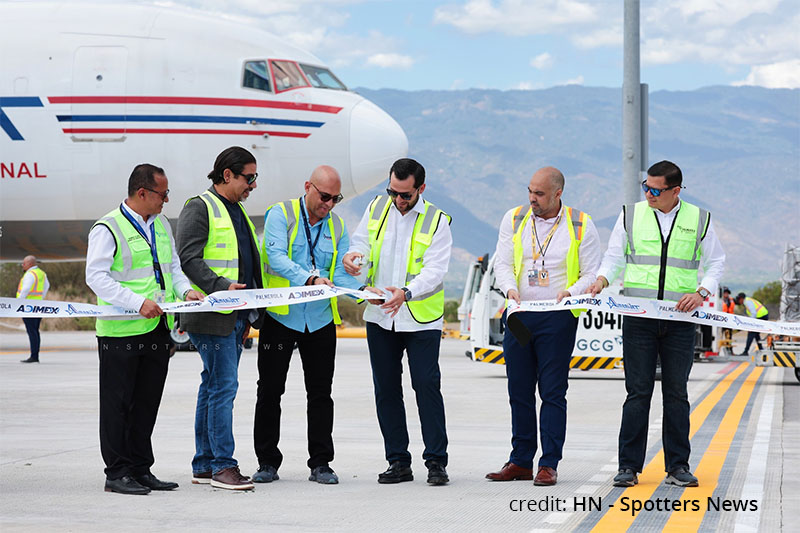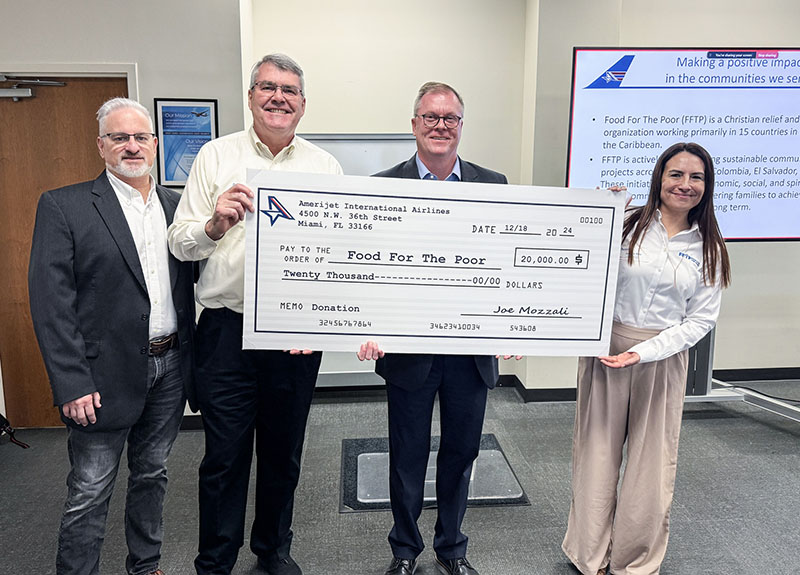Rule No. 115: CLAIMS/ACTIONS – PROCEDURES AND TIME LIMITATIONS
DATE: 02/16/21
Definition of a cargo claim: A cargo claim is a written complaint demanding financial restitution from an air Carrier for the loss of or damage or delay to cargo whilst in the care, custody and control under a contract of carriage.
- LEGAL REGIME
A contract for the carriage of cargo by air is subject to:- The conditions of contract (found on the reverse of original copies 1,2 or 3 of the Air Waybill);
- The Carrier’s general conditions of carriage;
- The applicable international convention or the domestic law applicable to the contract of carriage;
- Carrier’s applicable Tariff for carriage;
- For international convention carriage there are four main legal regimes:
A. Warsaw Convention 1929
B. Warsaw Convention as amended by Hague Protocol 1955
C. Warsaw Convention as amended by Montreal Protocol No 4
D. Montreal Convention 1999
- THE CLAIMANT
The Claimant must produce documentary evidence to prove that the Claimant is the rightful person entitled to claim. The Claimant must also establish that the amount claimed is justified. The Claimant should also take reasonable action to mitigate his loss.Notice of Claim: The cargo claims process begins with the submission of a valid written claim letter that must include:- Name of the Shipper
- Name of Consignee Air Waybill number;
- Flight number and Carrier name;
- A brief description of the goods lost or damaged;
- Total shipment value in U.S. Dollars;
- Total amount of claimed in U.S. Dollars
- TIME LIMITATION TO FILE A NOTICE OF CLAIM:
For Convention carriage, the different liability regimes determine the time limit within which the notice of claim must be sent to the Carrier. Whichever convention applies, the person entitled to delivery of the cargo should send the notice of claim.
If the claim involves non-convention international carriage, reference should be made to the law applicable to the contract of carriage and terms of the Air Waybill to identify who should send the written notice.
The notice of claim must be sent to the Carrier. Certain legal systems consider that notice to the Carrier’s handling agent does not constitute valid notice for the purpose of the Conventions and therefore it is recommend that wherever possible, notice should only be sent to the Carrier.- Receipt without exception or complaint by the party entitled to delivery of the cargo is prima facie evidence that the same has been delivered in good condition and in accordance with the contract of carriage.
- All other claims, except any claims relating to personal injury or death, and claims for overcharges, must be made in writing within one-hundred fifty (150) days from the date of issue of the Air Waybill.
- All merchandise must be retained in the original shipping container for a period of five (5) business days after the Carrier has received notice of damage or concealed loss, in order that the Carrier may make inspection thereof.
- GENERAL CATEGORIES OF CARGO CLAIMS
- Full or partial loss of shipment: A loss occurs when the whole or part of the shipment does not reach its destination and the Carrier is unable to find it.
- Delay in carriage of cargo: The Carrier is not liable for loss suffered as a result of delay in the carriage of cargo only in circumstances where the delay was a result of the gross negligence or willful misconduct of the Carrier.
- Visible damage:- This type of damage is readily apparent and can be seen without opening the shipment. It can occur as a result of poor packing of the shipment or improper storage.
- Concealed damage: Damage that is not apparent is referred to as concealed damage. This type is common where the consignment contains more than one piece or when the shipment is packed in cartons and is impossible to determine if there is damage to the shipment without opening each individual item.
- Subrogated claims: If the Shipper insures the cargo, the insurer who indemnifies him under the terms of the insurance coverage may, as a matter of law, be entitled to seek recovery of the amount paid to his insured from the party who is liable for the loss to the cargo.
Note: No claim for loss or damage to a shipment will be entertained until all transportation charges thereon have been paid in full. The amount of the claim may not be deducted from transportation charges; for more information see Rule 16.Any right to damages against the Carrier shall be extinguished unless the applicable provisions of this rule have been complied with by the claimant and unless an action is brought within two (2) years after the occurrence of the events given arise to the claim.
Recent Posts
Recent Tweets





